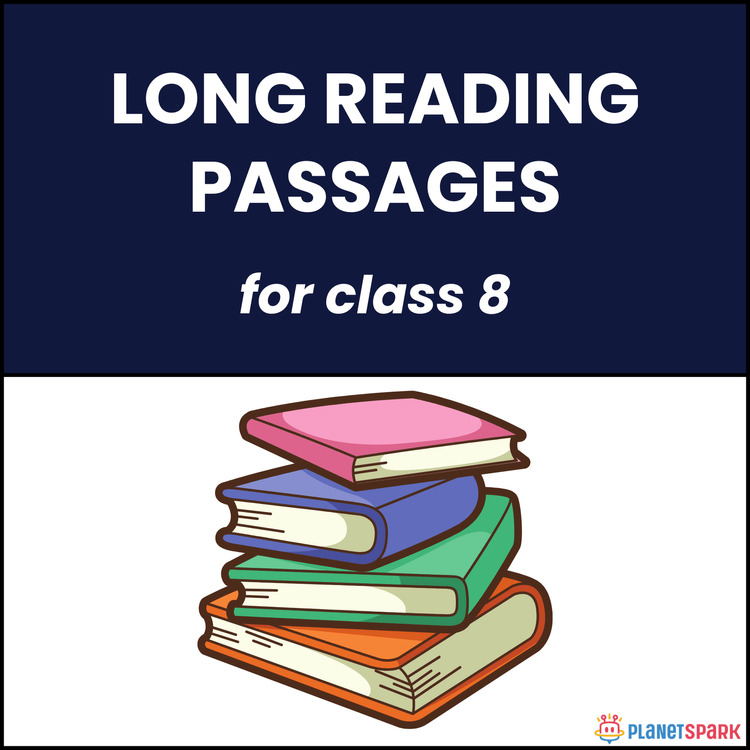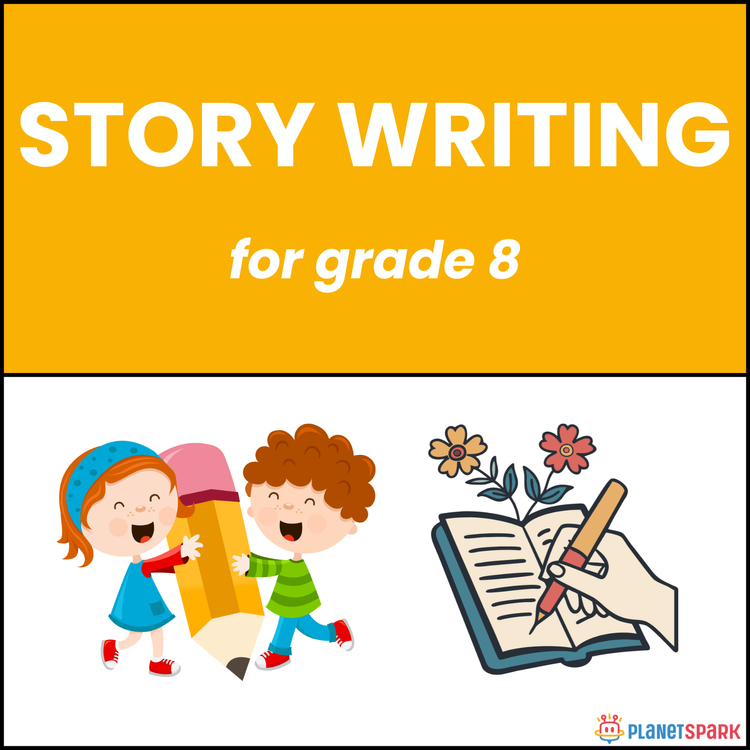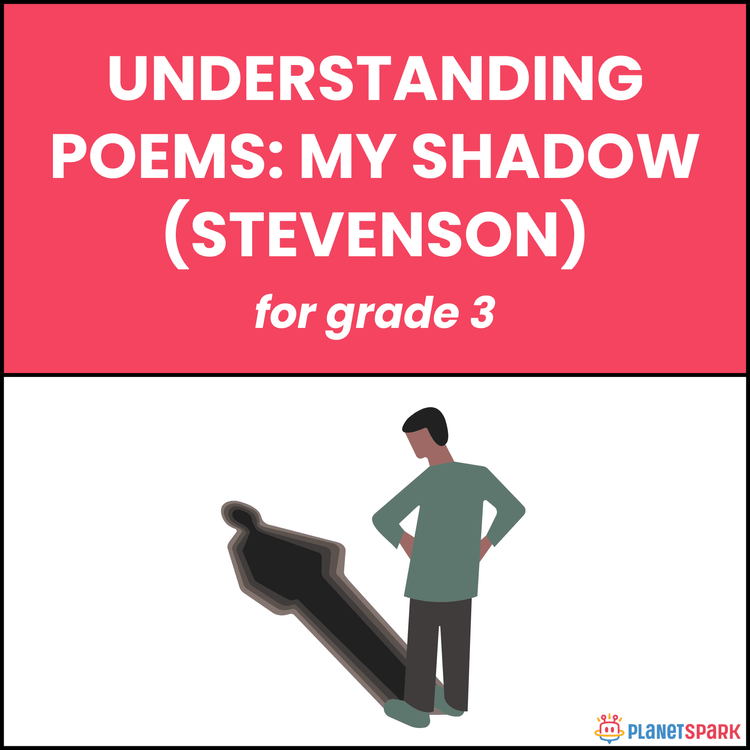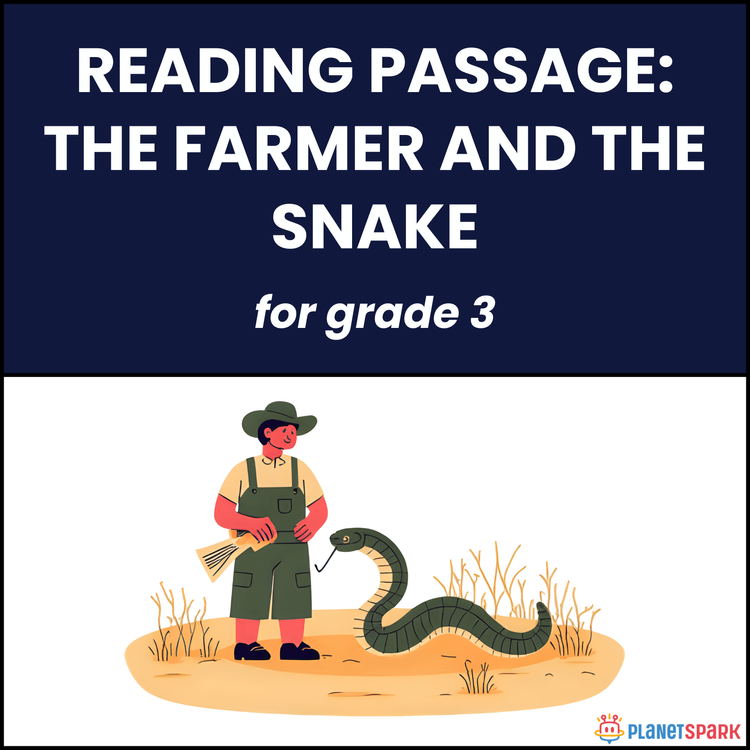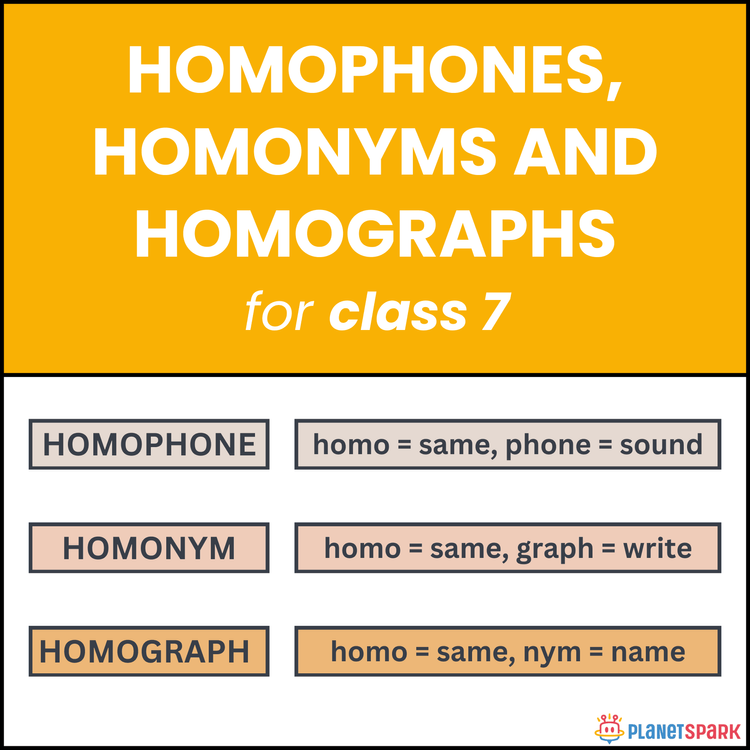Class 8 Clauses Worksheet – Types and Usage
Class 8EnglishEnglish GrammarFree DownloadPDF
Tanishka SharmaVisit Profile
I’m a passionate and fun-loving educator with 5 years of teaching experience, including the last 2 years at PlanetSpark. Along with my teaching journey, I also bring 2 years of corporate experience, which helps me connect practical communication skills with real-world applications. I love helping students build confidence, improve their communication, and grow into their best selves.
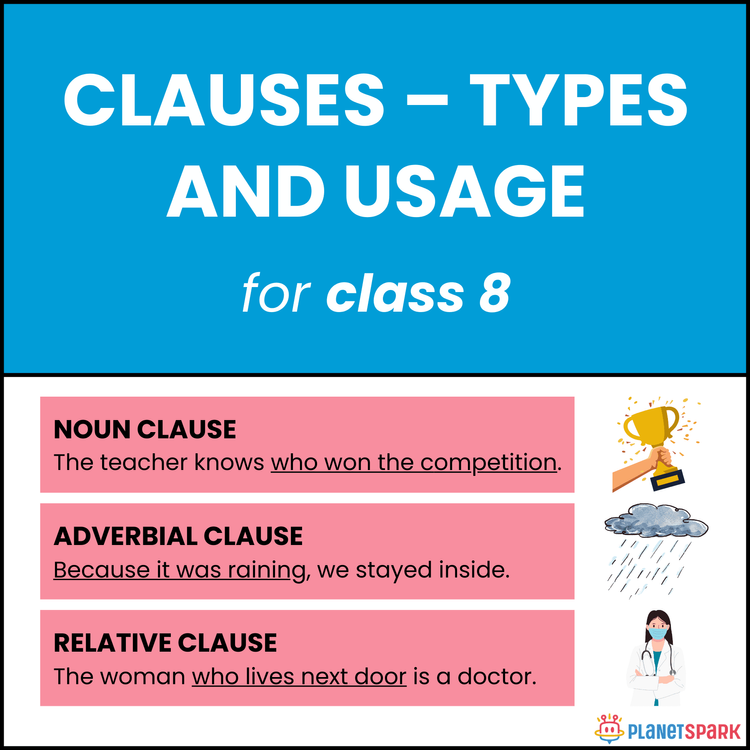

Class 8 Clauses Worksheet – Types and Usage
Class 8EnglishEnglish GrammarFree DownloadPDF
Tanishka SharmaVisit Profile
I’m a passionate and fun-loving educator with 5 years of teaching experience, including the last 2 years at PlanetSpark. Along with my teaching journey, I also bring 2 years of corporate experience, which helps me connect practical communication skills with real-world applications. I love helping students build confidence, improve their communication, and grow into their best selves.
Clause Clarity: Types and Usage for Class 8
This Class 8 worksheet builds strong grammar skills by teaching students how to identify and use different types of clauses — noun, adverbial, and relative. Through activities like matching, multiple choice, rearranging, rewriting, and picture-based description, learners gain mastery in applying clauses to add depth and variety to sentences.
Why Clause Mastery Matters in Grammar?
This worksheet helps students:
1. Recognize and distinguish between noun clauses, adverbial clauses, and relative clauses.
2. Practice transforming sentences into different clause types.
3. Rearrange and rewrite sentences to improve flexibility and accuracy.
4. Use clauses creatively to enhance written expression.
What’s Inside This Worksheet?
This worksheet includes five engaging exercises:
Exercise 1 – Match the Sentence
Students match sentences like “I know the man who lives next door” and “Because it rained, we stayed inside” with the correct clause type.
Exercise 2 – Multiple Choice Questions
Learners choose the correct clause type for each sentence, such as *noun, adverbial,* or *relative*.
Exercise 3 – Sentence Rearranging
Students rearrange jumbled words into full sentences and label the clause type, e.g., “I believe that the boy is honest” → Noun Clause.
Exercise 4 – Sentence Rewriting
Sentences are rewritten into another clause type as directed, e.g., “I know that she is honest” → “I know the woman who is honest” (Relative Clause).
Exercise 5 – Picture Description
Students describe a marketplace scene using different clause types.
✅ Answer Key (For Parents & Educators)
Exercise 1 – Match the Sentence
1. j. Relative
2. b. Adverbial
3. g. Relative
4. h. Adverbial
5. d. Relative
6. e. Adverbial
7. c. Adverbial
8. f. Relative
9. a. Noun
10. i. Noun
Exercise 2 – MCQs
1. c (Adverbial)
2. b (Relative)
3. c (Adverbial)
4. a (Noun)
5. b (Relative)
6. c (Adverbial)
7. a (Noun)
8. c (Adverbial)
Exercise 3 – Rearranged Sentences
1. I believe that the boy is honest. (Noun Clause)
2. We left because it was late. (Adverbial Clause)
3. The book whose author won the prize. (Relative Clause)
4. After she finished homework, she went to practice. (Adverbial Clause)
5. The place where I grew up is my village. (Relative Clause)
6. I will go with you if you come. (Adverbial Clause)
7. Although the room is small, it is cozy. (Adverbial Clause)
8. The match was canceled because it rained. (Adverbial Clause)
9. I do not know what to decide. (Noun Clause)
10. He knows which painting she likes. (Noun Clause)
Exercise 4 – Sentence Rewriting
1. I know the woman who is honest. (Relative Clause)
2. We met in the park where the children were playing. (Adverbial Clause)
3. That the match was canceled is true. (Noun Clause)
4. The man who visits often is my uncle. (Relative Clause)
5. She bought what you recommended. (Noun Clause)
6. The boy who was tired finished his homework. (Relative Clause)
7. She left early because she was tired. (Adverbial Clause)
8. That car belongs to my uncle. (Noun Clause)
9. The movie ended since it was boring. (Adverbial Clause)
10. Whoever wins the race will get a prize. (Noun Clause)
Exercise 5 – Sample Picture Description (Market Scene)
1. This is the market where people buy fruits. (Relative Clause)
2. I know that the vendors are busy. (Noun Clause)
3. Because the sun is shining, many people are shopping. (Adverbial Clause)
4. The man who is selling vegetables looks happy. (Relative Clause)
Unlock grammar power with clauses — making every sentence more precise, meaningful, and expressive!
🔖Book a free trial!
Frequently Asked Questions
Clauses add extra information or connect ideas to form complex sentences.
Using a mix of independent and dependent clauses improves sentence flow.
It helps break down long sentences into understandable parts.

